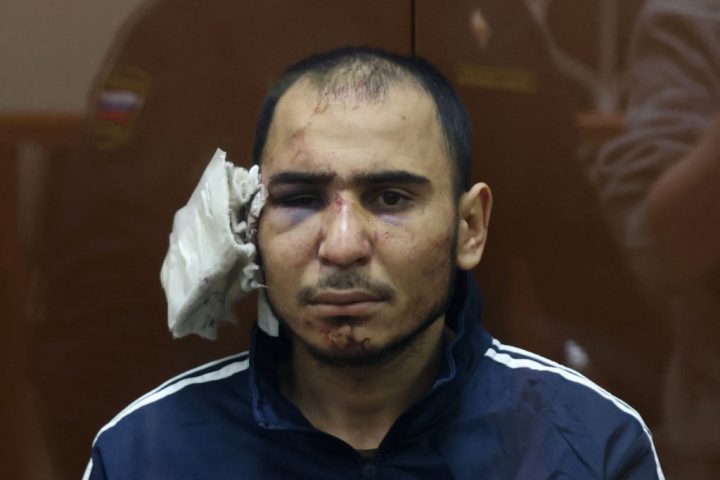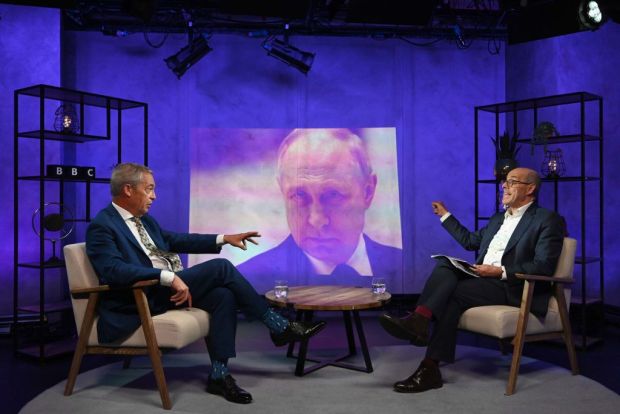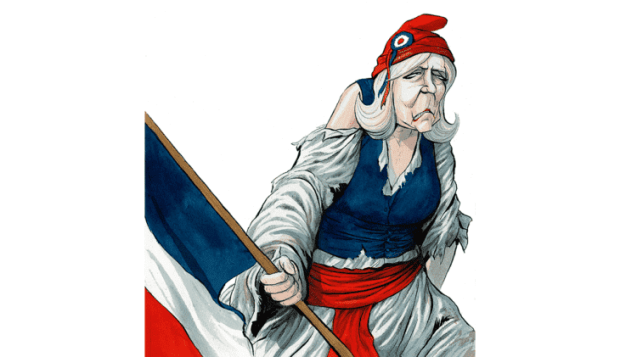The court appearance of the four men accused by Russia of carrying out the Moscow massacre of 137 innocent concert goers at the Crocus City Hall venue told its own grim story. All the suspects bore marks of torture: one was wearing a bandage on his ear, following reports that it may have been at least partially severed and forcibly fed to him during his interrogation; another was semi-conscious and appeared to be missing an eye.
Already a subscriber? Log in
Subscribe for just $2 a week
Try a month of The Spectator Australia absolutely free and without commitment. Not only that but – if you choose to continue – you’ll pay just $2 a week for your first year.
- Unlimited access to spectator.com.au and app
- The weekly edition on the Spectator Australia app
- Spectator podcasts and newsletters
- Full access to spectator.co.uk
Or




















Comments
Don't miss out
Join the conversation with other Spectator Australia readers. Subscribe to leave a comment.
SUBSCRIBEAlready a subscriber? Log in